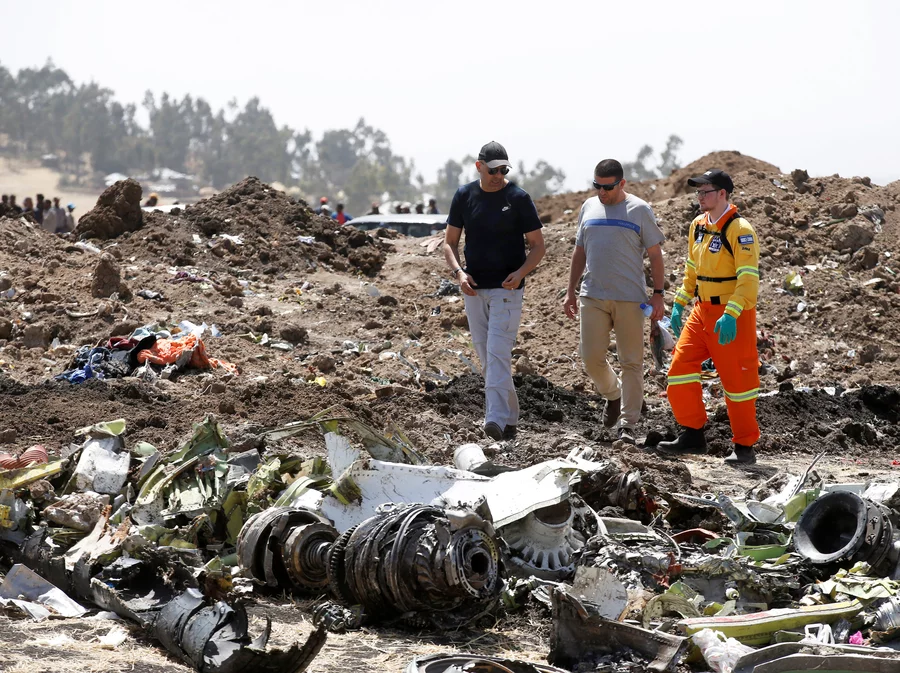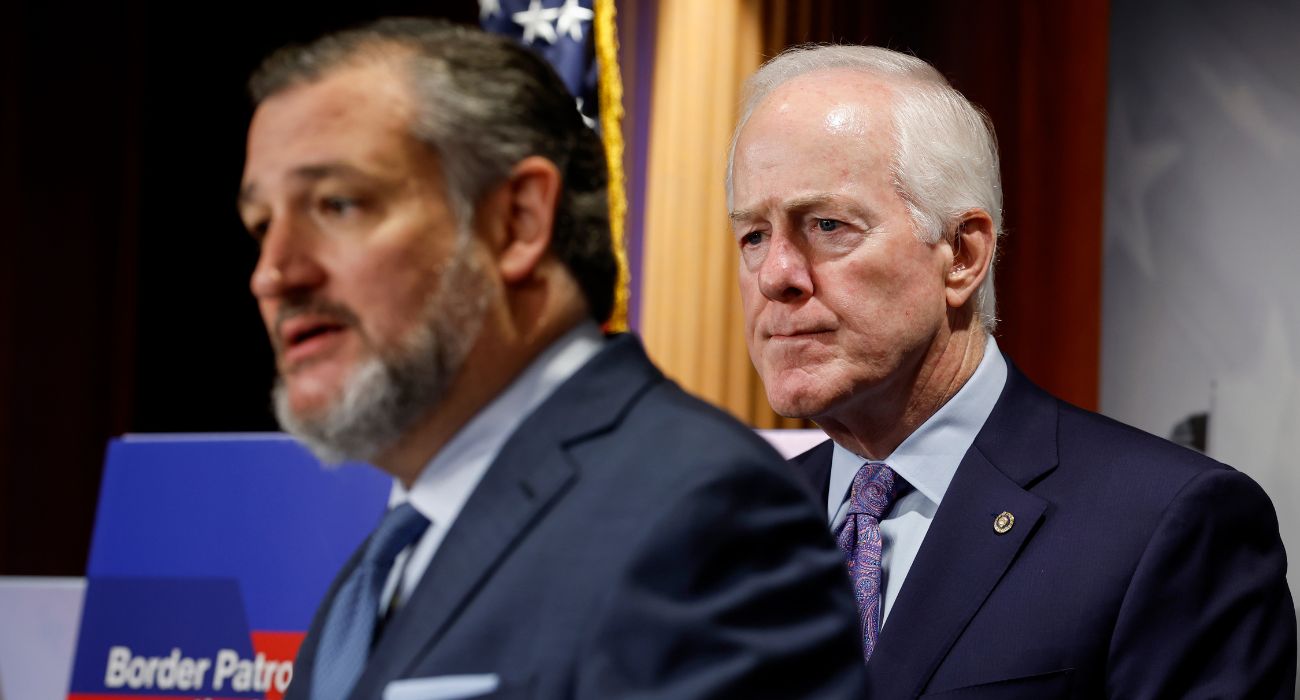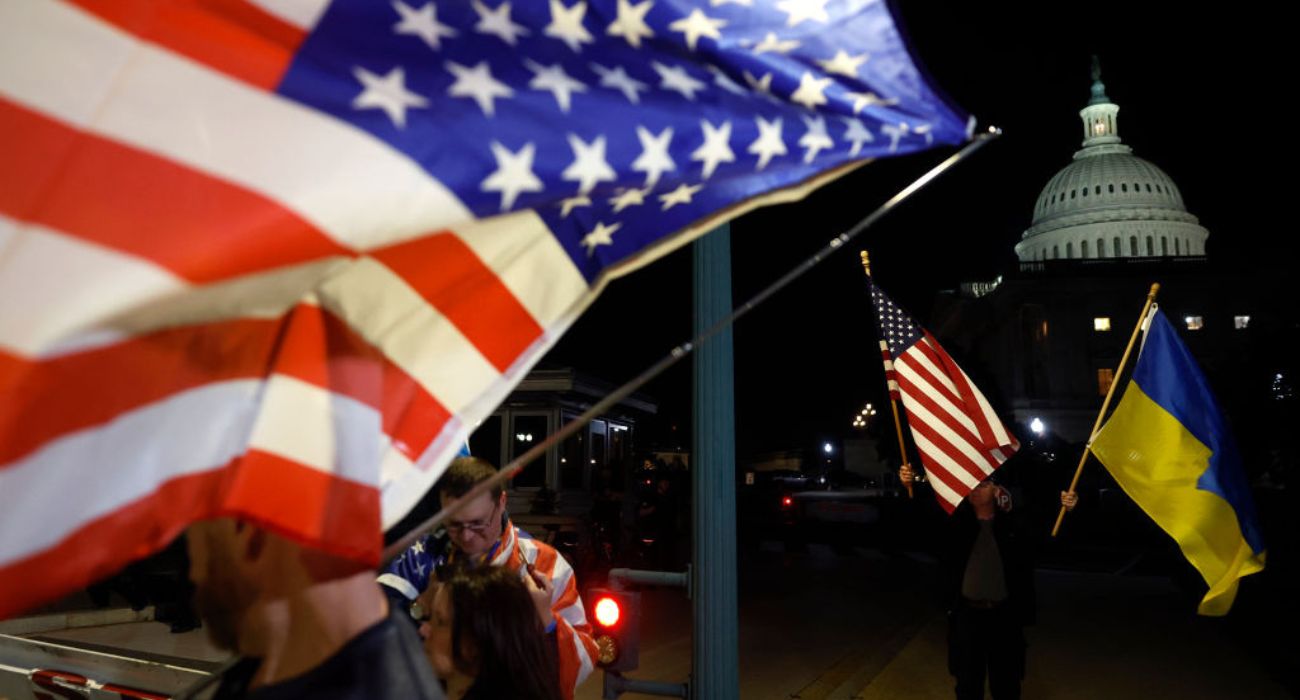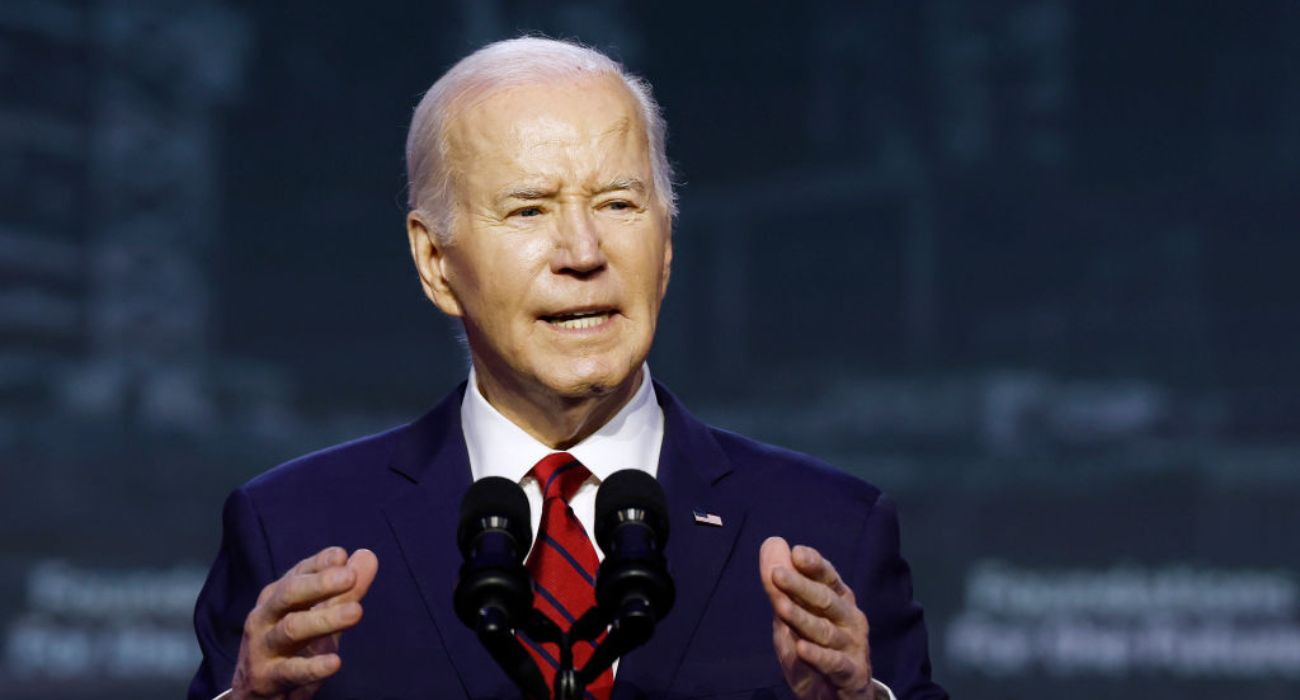A former Boeing test pilot was found not guilty on March 23 of felony charges of misleading federal investigators regarding two deadly 737 Max plane crashes.
Prosecutors accused 50-year-old Mark Forkner of lying to regulators at the Federal Aviation Administration (FAA) about the flight operating system known as the Maneuvering Characteristics Augmentation System (MCAS).
However, in less than 2 hours of deliberation, Forkner was acquitted of four charges of wire fraud by a jury in a federal district court in Fort Worth. Each count entailed a maximum sentence of 20 years in jail.
“We are very grateful that this jury and judge were so smart, so fair, so independent, that they saw through it,” said defense attorney David Gerger after the verdict.
In October 2021, Forkner was accused of lying about the amount of training required for pilots to operate the Max and cheating Boeing’s U.S.-based airline customers out of tens of millions of dollars by concealing information when they made their purchase decisions.
At the time of the crashes, Forkner was Boeing’s chief pilot for the 737 Max. His defense lawyers said Forkner was used as a scapegoat by Boeing and FAA authorities who wanted to escape taking responsibility for the 346 people who died in the Max tragedies.
Forkner allegedly gave the FAA Aircraft Evaluation Group “materially false, inaccurate, and incomplete information” concerning a new portion of the flight controls, according to the authorities.
The two incidents cost Boeing over $20 billion and resulted in the Max being grounded for 20 months until November 2020.
In 2021, Boeing was charged with fraud conspiracy and agreed to pay $2.5 billion in a settlement to avoid prosecution.
The prosecution team tried to use Forkner’s internal messages to his colleagues to prove their case — specifically one wherein he said that he unintentionally misled prosecutors.
Stacey Klein, an FAA official who closely worked with Forkner, told the court that he misled her by saying that MCAS would never activate during a normal airline use — that the activation can only happen in limited high-speed situations rarely experienced by pilots. Forkner’s attorneys argued that Boeing engineers failed to inform him that the scope of the system had been adjusted in a way that had made his statement untrue.
After the jury selection and opening comments by lawyers on the evening of March 18, the trial lasted less than 3 days, during which Forkner did not testify.
“While we are disappointed in the outcome, we respect the jury’s verdict,” said Joshua Stueve, the Justice Department spokesman.
The families of the crash victims have criticized Boeing’s compensation. The Justice Department stated last month that its investigation did not generate definitive evidence on the cause of the crashes in response to their request that a judge reverse the settlement.
Currently, Forkner is the sole person to have been criminally charged in relation to the crashes. In 2021, the Justice Department stated that senior management at Boeing did not facilitate the misconduct.






